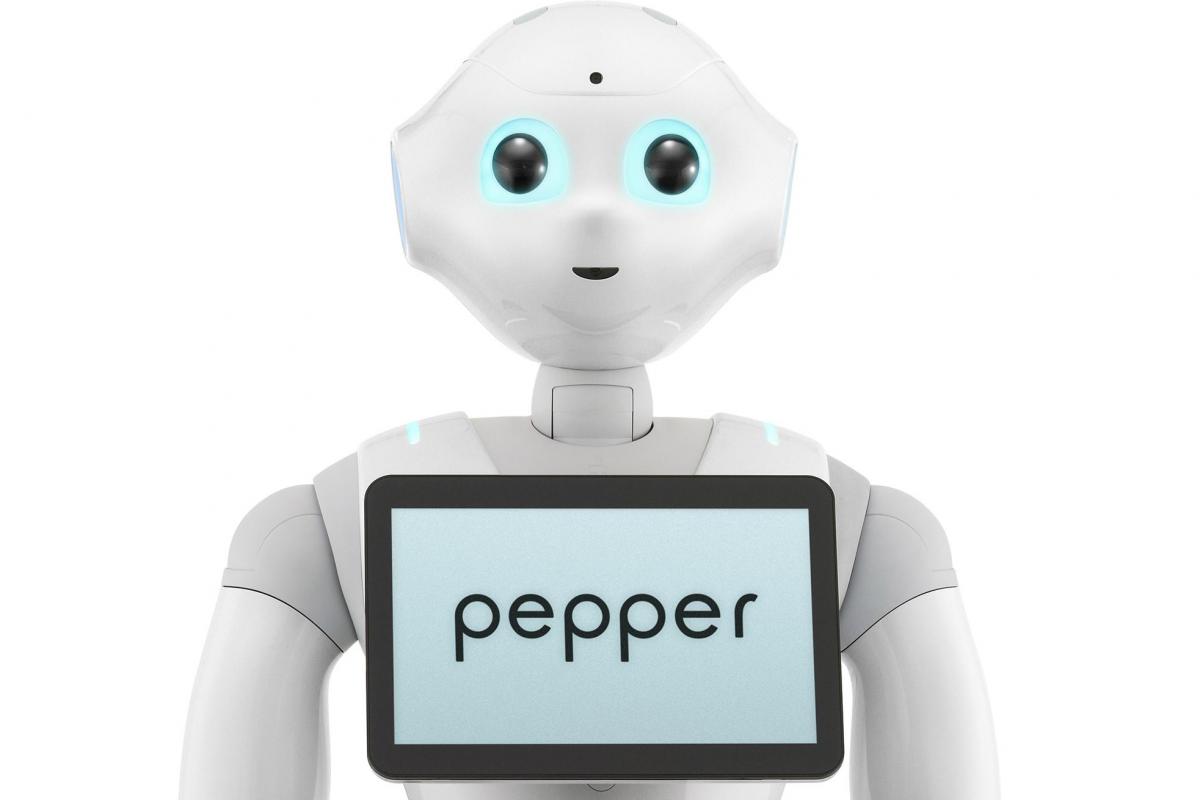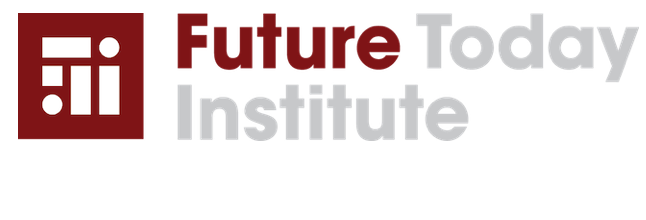Five Trends in Technology

Pepper is a robot companion from the Japanese company SoftBank.
This post is part of our inaugural Trendspotting Series profiling important ideas that will be shaping some major fields of interest in 2017. Each piece represents the views of its author(s) and not the views of the Council.
1. ROBOT COMPANIONS
Many countries, including Japan, Italy, and Germany, will soon face rapid demographic shifts. In Japan, one in four people are now age sixty-five or older—there aren’t enough people working to support both retirees and children. Science and technology will eventually stand in for the lack of people: robots will assist with everything from elder care, to medical assistance, to everyday companionship. Out of necessity, robots—mechanical systems, artificial intelligence, and automated services—will act as productive, emotionally-intelligent stand-ins for a younger generation that was simply too small in numbers.
2. ORGANIZATIONAL DOXING
“Doxing” is mining and publishing personal information about a person––organizational doxing is when this happens to an entire company. It’s a term introduced by security expert Bruce Schneier. In the wake of the Edward Snowden leaks, we’ve seen a number of data dumps. WikiLeaks has published troves of data. Hackers broke into Hacking Team, publishing a massive amount of internal data. Sony has been breached, and so have various branches of the U.S. government. Because of the success hackers had in 2016, we can expect more organizational doxing in the year ahead. Every organization ought to shore up security and to develop a risk management plan should they find themselves doxed.
3. BIAS IN ALGORITHMS
During 2016, we saw a number of cases in which the algorithms got it wrong: they misidentified innocent people as criminals and predicted that certain city blocks were likely to see a spike in violent offenses or drug trafficking. All of these cases had one thing in common: they involved people of color. Investigations from a number of universities, media organizations and activist groups revealed bias in the software. While you won’t see a complete reversal of how these systems work in 2017, you can expect to see more investigations into bias.
4. ARTIFICIAL INTELLIGENCE
Think about AI as the next layer of technology that will be integrated into everything you do professionally. Simply put, AI is a branch of computer science in which computers are programmed to do things that normally require human intelligence. This includes learning, reasoning, problem-solving, understanding language and perceiving a situation or environment. AI is an extremely large, broad field, which uses its own computer languages and even special kinds of computer networks are modeled on our human brains. The idea that we might someday create artificially intelligent, sentient robots was first suggested by prominent philosophers in the mid-1600s. Very soon, more and more human processes will be automated. Including the writing of software, which computers will soon start to do themselves.
5. UNIVERSAL BASIC INCOME
An unconditional, guaranteed income for everyone within a country––a concept made popular in the 1960s––is being debated once again in the wake of automation, advanced robotics and artificial intelligence. Finland has just launched a two-year UBI pilot study. A randomly-selected group of 2,000 - 3,000 citizens will begin receiving a monthly stipend of 560 Euros (or about $600 dollars.) Y-Combinator, the storied Silicon Valley incubator of hot tech startups such as Reddit, Wufoo and Rapportive, is sponsoring a UBI program in Oakland, California. Critics of UBI argue that if citizens are simply handed a wad of cash each month, they won’t spend it on preventative health or nutritious food, and that they will be less inclined to work. Proponents say that our fast-approaching robotics era will render many out of work anyway––and that a UBI will help insure our country against an imminent implosion in the job market.
Amy Webb is Founder and CEO of the Future Today Institute, a leading future forecasting and strategy firm that researches technology and answers “What’s the future of X?” for a global client base. She is the author of The Signals Are Talking, Why Today’s Fringe Is Tomorrow’s Mainstream (PublicAffairs, Dec. 2016), a book about how everyone can and should use the tools of a futurist.
Learn more about the work of Future Today Institute

